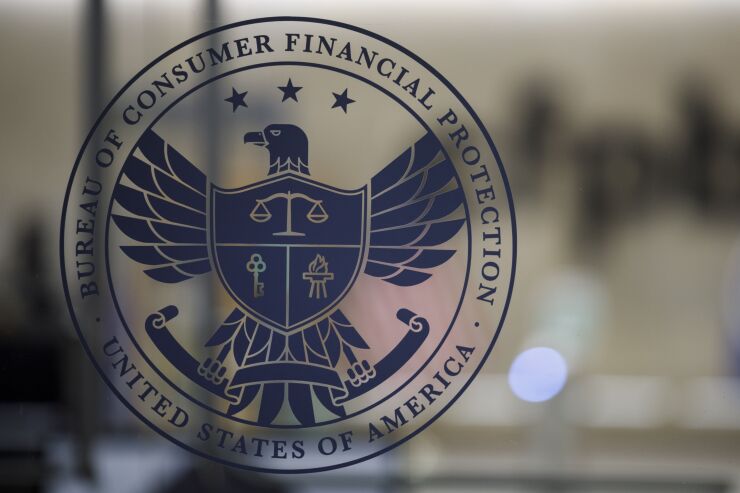Washington lobbyists for Wall Street are often really rich, and by that I don’t simply mean they have a lot of money. What I mean is laughable, absurd and hypocritical.
So, when I read the recent Best of BankThink

To be fair, Nichols at the ABA isn’t the only lobby group taking shots at CFPB. The U.S. Chamber of Commerce
Nichols, the ABA chief, does not like the aggressive, public approach to protecting consumers pursued by CFPB Director Rohit Chopra. And there’s a bit of unintentional self-parody here. Why on earth, Nichols wonders, would a government agency charged with protecting consumers be critical of the banking industry?
It may be more than a decade past, but many Americans have not forgotten the lessons of the 2008 financial crisis. That, for a refresher, was a bank-driven crisis involving the loss of millions of jobs and homes, and a weak recovery that will lurk over workers and families for decades to come. Even after the crisis, there were fake accounts at Wells Fargo, fraudulent mortgage bonds at JPMorgan Chase and a byzantine Malaysian corruption scandal at Goldman Sachs. There is reason to be critical. The real rogues are on Wall Street.
Next, we learn Nichols objects to the CFPB’s work addressing “junk fees,” the kinds of nickel-and-dime — but sometimes a lot — charges that cost consumers billions each year. From the tone, you’d think CFPB had ordered the elimination of these fees outright. But in fact, the CFPB has done little more than announce plans to look at these fees. If Nichols really objects to a basic review of industry practices, you wonder what his members are hiding.
Polling has
If all the ABA whined about was attempts to police the industry, there would be nothing hypocritical. Heading off government efforts that might crimp profits is the essence of being a lobbyist. But Nichols and ABA are enablers of the biggest rogues of all: the lawmakers who voted to overturn the 2020 election even after the violent insurrection, one laced with ugly symbols of racism past and present, at the U.S. Capitol on Jan. 6, 2021.
Shortly after the violence, the respected nonpartisan research group OpenSecrets
Nichols insisted after the insurrection that “our nation is better than this.” The truth is that we could be. And the ABA could help by cutting off donations to the rogues who would destroy it. And by celebrating responsible government appointees who are simply doing their job.






